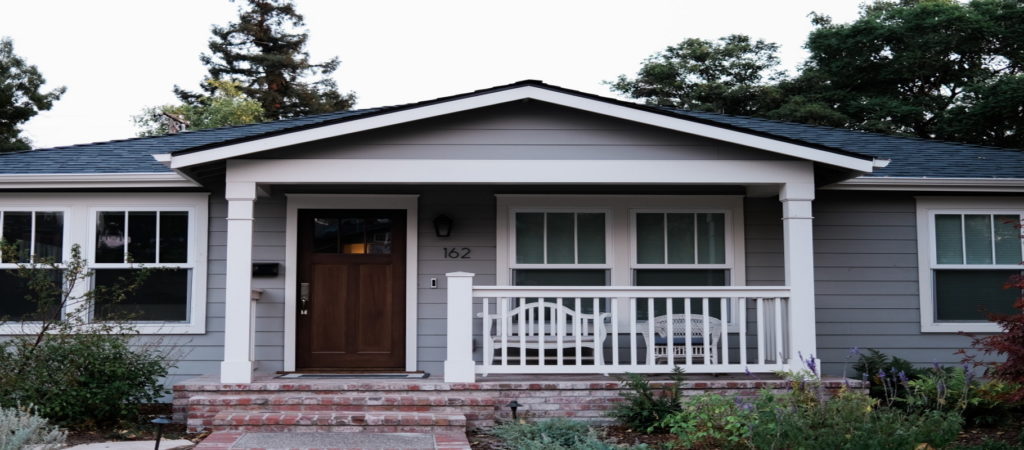Yes, you can sell your home during an ongoing Chapter 13 reorganization. You may also finance the
purchase of another home during the case.
In order to sell your home during a Chapter 13 reorganization, you first list the house with a realtor and
negotiate a contract with the buyer. Once you have a ratified agreement with the buyer, we need to
obtain approval of the transaction by the Bankruptcy Court. The court will usually approve a sale as long
as the terms are reasonable and the buyer is an unrelated third party.
If you seek to transfer or sell your home to a close family member or business associate, expect to get a
very high level of scrutiny by the court. These transactions must be explained in detail and the terms of
sale must be reasonable and consistent with the overall real estate market. You will likely need to get an
appraisal that is consistent with the sale price if you seek a transaction with a family member or friend
to show that the transaction is fair and reasonable under the circumstances.
We obtain permission of the US Bankruptcy Court by filing a motion and scheduling a hearing for the
judge to hear the motion. This process takes about 45 days. We request and receive an order of the
court that allows you to close the transaction and we are required to file a report of the sale
immediately after the closing.
The big question with the sale of a house is how much the seller can keep from the proceeds of the sale.
This is particularly true in a seller’s market with the prices of real estate is rapidly climbing. It can be a
concern when a house is substantially more valuable when seeking a sale than the value shown in the
original schedules filed with the US Bankruptcy Court.
A debtor in a Chapter 13 reorganization can keep proceeds of a sale that fall within her homestead
exemption in the real property. This is currently $63,250 for an individual homeowner in South Carolina.
If a husband and wife both own the property jointly, each spouse has their own homestead exemption
in the equity (the amount remaining after the payment of any outstanding mortgage and closing costs)
for a total of $126,500. This means that if a husband and wife sell their home they can keep all proceeds
from the sale, after payment of a mortgage and any closing costs, up to $126,500.
If the net proceeds are greater than the amount of the homestead exemption, then we have to examine
the amount of the difference above the exemption and the time elapsed since filing the Chapter 13
reorganization. Mortgage payments made by the homeowner are a factor as well as maintenance and
the overall local market. Often this begins a negotiation with the Chapter 13 Trustee to determine a fair
resolution. Frequently the seller can keep the additional, nonexempt proceeds where the Chapter 13
plan provides for a significant distribution to unsecured creditors. Each case is different and the
individual circumstances will determine any amount retained above the homestead exemption. You
should always speak with your attorney before placing your home on the market to make sure you
understand the process and the likely outcome.
Please remember that these are basic answers to common questions and not legal advice. We can
discuss your situation in detail during a free, confidential consultation with an attorney. Contact us
today at www.meredithlawfirm.com to schedule an appointment at your convenience. We are a debt
relief agency.

